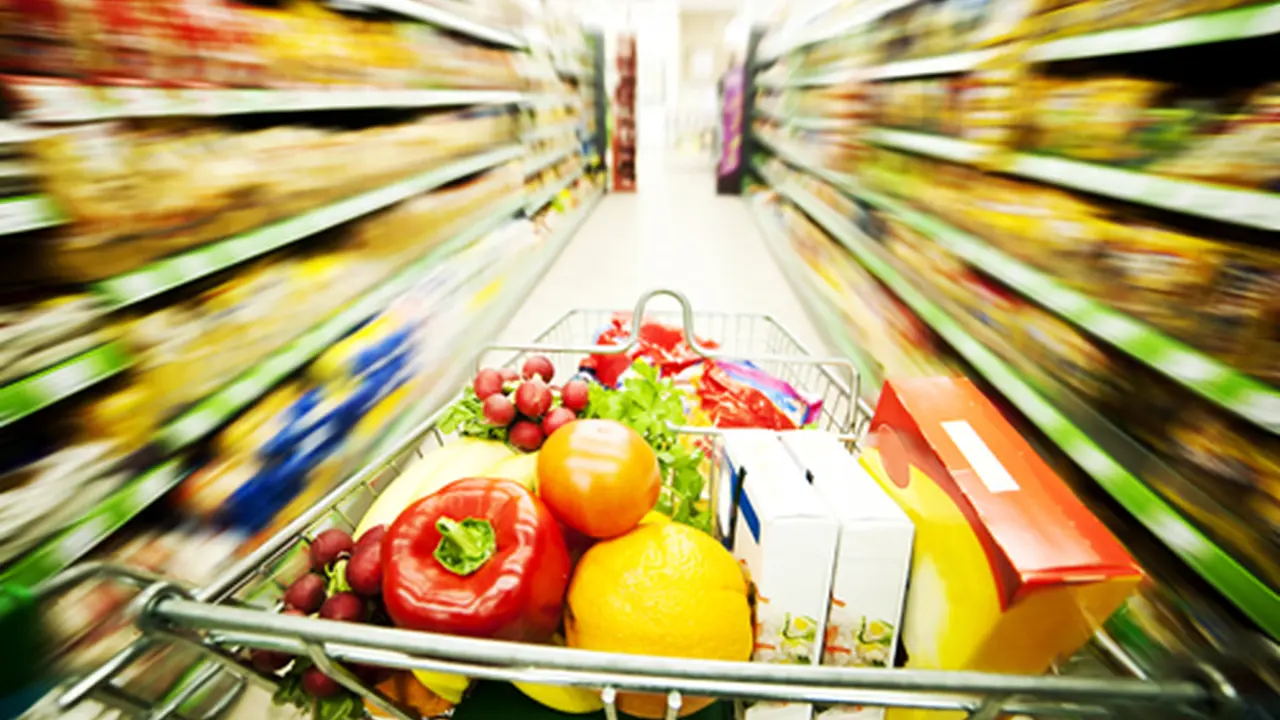Affordable Sustainable Food Choices
Discover affordable sustainable food choices while traveling, reducing your food costs and environmental impact. Cook your own meals, visit local markets, and choose vegetarian options. Eat responsibly on a budget.

Why Sustainable Eating Matters Even When Youre Broke
Okay, so you're backpacking through Southeast Asia or road-tripping across the USA. Money's tight, but you still want to do your part for the planet. Guess what? Eating sustainably doesn't have to break the bank. In fact, often, it *saves* you money! Think about it: less processed food, more cooking for yourself, supporting local economies… it's a win-win-win situation.
Cooking Your Own Meals A Budget Travelers Best Friend
Let's be real, eating out every meal is a surefire way to empty your wallet faster than you can say \"sustainable travel.\" Cooking your own meals is not only cheaper but also allows you to control the ingredients and portion sizes. Plus, it's a great way to immerse yourself in the local culture!
Where to Shop: Local Markets and Grocery Stores
Skip the tourist traps and head straight to the local markets. You'll find fresh produce, local spices, and unique ingredients at a fraction of the price. Plus, you're directly supporting local farmers and vendors. Grocery stores are also a good option, especially for staples like rice, pasta, and beans. Look for seasonal produce – it's usually cheaper and tastes better!
Easy and Affordable Meal Ideas for Travelers
Here are a few ideas to get you started:
- Pasta with pesto and vegetables: A classic for a reason. Pasta is cheap and easy to cook, and you can add whatever vegetables you find at the market. Make your own pesto for extra flavor (and savings!).
- Rice and beans: Another budget-friendly staple. Beans are a great source of protein and fiber, and rice is a versatile base for any meal. Add some spices and vegetables for a flavorful and nutritious dish.
- Oatmeal with fruit and nuts: A quick and easy breakfast that will keep you full until lunchtime. Oatmeal is cheap and healthy, and you can add whatever fruit and nuts you have on hand.
- Sandwiches: A very versatile meal that can be customized. Buy some bread and pack your own fillings like cheese, tomatoes, lettuce, cucumber, etc.
- Salads: Buy some lettuce, tomato, carrots, cucumber and other vegetables and make a delicious, healthy and cheap salad.
The Magic of Vegetarian and Vegan Options Save Money Eat Green
Meat can be expensive! Choosing vegetarian or vegan options is a great way to save money and reduce your environmental impact. Plant-based diets generally have a lower carbon footprint than meat-based diets, and they can also be healthier.
Embrace Local Vegetarian Cuisine
Many cultures have delicious vegetarian dishes that are both affordable and sustainable. Think about the curries in Southeast Asia, the lentil stews in India, or the bean burritos in Mexico. Don't be afraid to try new things and explore the local vegetarian cuisine!
Tips for Finding Vegetarian and Vegan Options on a Budget
- Look for street food vendors: Street food is often cheaper than restaurant food, and many vendors offer vegetarian options.
- Ask locals for recommendations: Locals know the best places to eat on a budget.
- Cook your own vegetarian meals: As mentioned above, cooking your own meals is the cheapest and most sustainable option.
- Use HappyCow: The HappyCow app helps you find vegan and vegetarian restaurants and stores near you.
Sustainable Snacking On the Go Stay Full Without Breaking the Bank
Snacks are essential for keeping your energy levels up while traveling, but they can also be a major source of waste and expense. Avoid individually wrapped snacks and opt for sustainable alternatives.
DIY Snack Ideas for Eco-Conscious Travelers
- Fruits and vegetables: Apples, bananas, carrots, and cucumbers are all great options that are easy to pack and eat on the go.
- Nuts and seeds: A handful of nuts and seeds will keep you full and provide a good source of protein and healthy fats.
- Homemade trail mix: Combine nuts, seeds, dried fruit, and dark chocolate for a delicious and energy-boosting snack.
- Popcorn: Buy some kernels and pop your own popcorn, and bring it in a reusable container.
Reusable Snack Bags and Containers Your Waste-Free Allies
Invest in a few reusable snack bags and containers to avoid using plastic bags and wrappers. These are easy to clean and can be used for years to come.
Ditching Bottled Water Embrace Reusable Bottles and Water Filters
Bottled water is a major environmental problem. It's expensive, creates a lot of plastic waste, and often isn't even as clean as tap water. Invest in a reusable water bottle and a water filter to stay hydrated sustainably.
Top Reusable Water Bottle Recommendations: Brands, Features, and Prices
Here are a few of my favorite reusable water bottles:
- Hydro Flask: Known for its excellent insulation and durability. Keeps drinks cold for up to 24 hours and hot for up to 12 hours. Price: $30-50.
- Klean Kanteen: Made from stainless steel and free of BPA, phthalates, and lead. Price: $20-40.
- Nalgene: A classic, durable, and affordable option. Made from BPA-free plastic. Price: $10-20.
- LifeStraw Go: A water bottle with a built-in filter that removes bacteria and parasites from water. Price: $30-40. Great for areas where water quality is questionable.
Portable Water Filters for Safe and Sustainable Hydration
- LifeStraw Personal Water Filter: Removes 99.9999% of bacteria and 99.9% of protozoa. Lightweight and easy to carry. Price: $20.
- Sawyer Squeeze Water Filter: A versatile filter that can be used as a straw, attached to a water bottle, or used as a gravity filter. Price: $30.
- Grayl Geopress Water Purifier: A press-style purifier that removes viruses, bacteria, and protozoa. Great for travel to areas with highly contaminated water. Price: $90.
Reducing Food Waste While Traveling Smart Shopping and Storage
Food waste is a major problem, both environmentally and economically. Be mindful of how much food you're buying and eating, and take steps to reduce waste.
Smart Shopping Tips: Buy Less, Buy Local, Buy Seasonal
- Plan your meals: Before you go shopping, plan out what you're going to eat for the next few days. This will help you avoid buying too much food.
- Buy local: Support local farmers and vendors by buying their products. This reduces transportation costs and helps the local economy.
- Buy seasonal: Seasonal produce is usually cheaper and tastes better.
- Shop with a list: Stick to the items on your list to avoid impulse buys.
Proper Food Storage Techniques for Travelers
- Use reusable containers: Store leftovers in reusable containers to keep them fresh.
- Wrap leftovers tightly: Wrap leftovers tightly in plastic wrap or foil to prevent them from drying out.
- Refrigerate leftovers promptly: Refrigerate leftovers within two hours to prevent bacterial growth.
- Consider beeswax wraps: Beeswax wraps are a great alternative to plastic wrap for storing food.
Eating Out Sustainably On a Budget Making Conscious Choices
Sometimes you just want to treat yourself to a meal out! Even when you're on a budget, you can make sustainable choices when eating out.
Choosing Restaurants with Sustainable Practices
- Look for restaurants that source local ingredients: These restaurants are supporting local farmers and reducing transportation costs.
- Choose restaurants that offer vegetarian and vegan options: As mentioned above, plant-based diets are more sustainable than meat-based diets.
- Avoid restaurants that use disposable plates and utensils: Choose restaurants that use reusable dishes and cutlery.
- Read online reviews: Check reviews for restaurants that prioritize sustainability.
Ordering Wisely to Minimize Waste
- Order only what you can eat: Avoid ordering too much food and wasting leftovers.
- Ask for a doggy bag: If you do have leftovers, ask for a doggy bag to take them home.
- Decline straws and napkins: These are often unnecessary and contribute to waste.
- Support restaurants that compost: Look for restaurants that compost their food waste.
Final Thoughts: Sustainable Eating is Accessible to Everyone
Eating sustainably on a budget is totally doable. It just takes a little planning, creativity, and a willingness to try new things. By cooking your own meals, choosing vegetarian options, reducing food waste, and making conscious choices when eating out, you can travel responsibly without breaking the bank. Bon appétit!
:max_bytes(150000):strip_icc()/277019-baked-pork-chops-with-cream-of-mushroom-soup-DDMFS-beauty-4x3-BG-7505-5762b731cf30447d9cbbbbbf387beafa.jpg)






